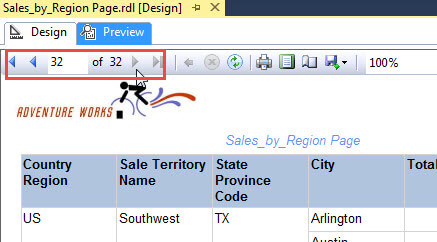
ANSI, is more in the true spirit of SQL as a readable language. Is there any difference between ! In sql, not equal operator is used to check whether two expressions equal or not. If it’s not equal then condition will be true and it will return not matched records. Example: If we run following SQL statement for not equal operator it will return a records where empid not equals to 1. SQL HOME SQL Intro SQL Syntax SQL Select SQL Select Distinct SQL Where SQL An Or, Not SQL Order By SQL Insert Into SQL Null Values SQL Update SQL Delete SQL Select Top SQL Min and Max SQL Count, Avg, Sum SQL Like SQL Wildcards SQL In SQL Between SQL Aliases SQL Joins SQL Inner Join SQL Left Join SQL Right Join SQL Full Join SQL Self Join SQL. Not Equal To (Transact SQL) - exclamation.
APPLIES TO: SQL Server Azure SQL Database Azure SQL Data Warehouse Parallel Data Warehouse. Tests whether one expression is not equal to another expression (a comparison operator). If either or both operands are NULL, NULL is returned. This following MySQL statement will fetch the rows from the table book_mast which contain books not written in English and the price of the books are less than 1or more than 200.
Compares two expressions (a comparison operator). The SQL AN OR and NOT Operators. The WHERE clause can be combined with AN OR, and NOT operators.

The AND and OR operators are used to filter records based on more than one condition: The AND operator displays a record if all the conditions separated by AND are TRUE. What is the difference between ! Very interesting question indeed. Even though this looks very simple when I asked quite a few people if they know the answer before I decided to blog about it.
This SQL tutorial explains how to use the SQL NOT condition with syntax and examples. Returns True if the first value is not equal to the second value. Note: In all cases, if either the first value or the. Hi SAS users, IS there Not equal operator in PROC SQL ? I am trying to do the below operation to get the cust custonly when there is level merge.
BETWEEN SYMMETRIC is the same as BETWEEN except there is no requirement that the argument to the left of AND be less than or equal to the argument on the right. If it is not , those two arguments are automatically swappe so that a nonempty range is always implied. To comply with the SQL standar IN() returns NULL not only if the expression on the left hand side is NULL, but also if no match is found in the list and one of the expressions in the list is NULL. IN() syntax can also be used to write certain types of subqueries.
In Oracle, you can use the = operator to test for an expression less than or equal to. In this case, n employee_id equal to would be included in the result set. Not Operator Microsoft Access. The Not command is one of the most commonly used functions in SQL queries. An operator is a symbol that tells the compiler to perform specific mathematical or logical manipulation.
You can also use the not exists or the minus clause in SQL. See Tips on using NOT EXISTS and MINUS in SQL. These not equal operators are supposed to be equivalent, but this note by Scott Canaan suggests that in Oracle 10. I came across a forum post where someone wanted to use SQL NOT LIKE with multiple values.
They were trying to exclude multiple values from the SQL query, but they were needing to use wildcards. If you wanted to just filter values without wildcards, you would use the following query. The not equal to operator is used for inequality test between two numbers or expression. We will use the employees table in the sample database for demonstration.
When you compare two nonnull expression and left hand operand is not equal to right hand operator then the result is TRUE and both operands are equal then result is FALSE. NOT is a logical operator in SQL that you can put before any conditional statement to select rows for which that statement is false. It is used to restrict the number of rows returned by the SELECT Statement.
The NOT EXISTS in SQL Server will check the Subquery for rows existence, and if there are no rows then it will return TRUE, otherwise FALSE.
No comments:
Post a Comment
Note: only a member of this blog may post a comment.